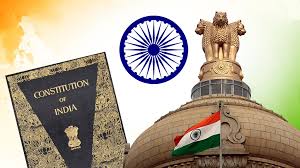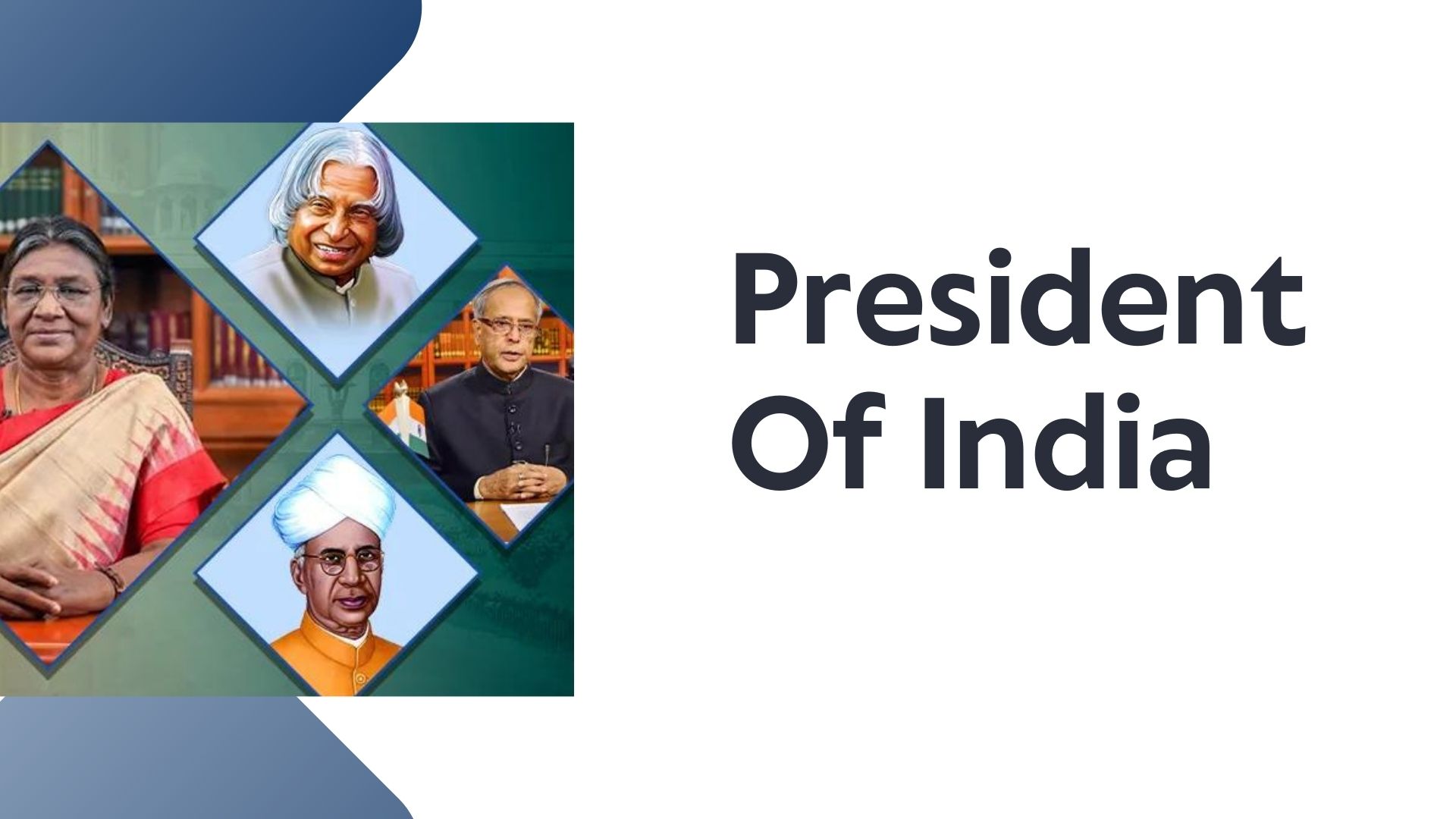Relation between Fundamental Rights and Fundamental Duties
The Constitution of India not only guarantees fundamental rights but also outlines Fundamental Duties. While Fundamental Rights were introduced earlier and are legally enforceable, Fundamental Duties were established through the 42nd Amendment in 1976.
Complementary nature of Fundamental Rights and Duties:
The correlation between Article 21 and Article 51A (k) highlights the complementary relationship between fundamental duties and rights.
Article 21 guarantees the right to education, while Article 51A (k) imposes the duty on parents and guardians to provide free and compulsory education for children aged 6-14 years.
Neglecting Fundamental Duties:
Individuals often concentrate on their rights while ignoring their duties. In the name of the right to Free speech, people sometimes incite violence and spread fake news, but this contradicts the duty to maintain social harmony and unity.
Political leaders and religious divisions: Many political leaders seek votes by exploiting religious affiliations, thereby disregarding their fundamental duty outlined in Article 51A (c) – the duty to protect the sovereignty, unity, and integrity of the country.
Reinforcing democracy through fulfilling Duties: For democracy to flourish, citizens must recognise the significance of fulfilling their Fundamental Duties in conjunction with exercising their fundamental rights.



